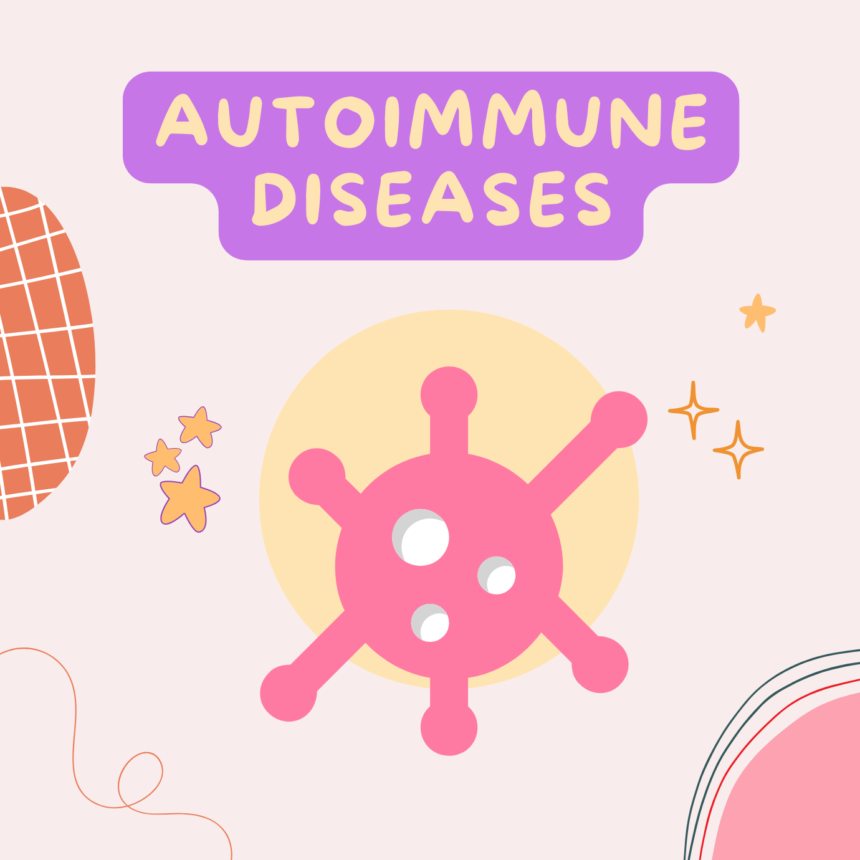Inflammatory Bowel Disease (IBD) comprises two main conditions: Crohn’s disease and Ulcerative Colitis. These chronic disorders affect the gastrointestinal tract and can significantly impact a person’s quality of life. In this article, we will delve into the complexities of IBD, from understanding its symptoms and diagnosis to strategies for managing and living with these conditions.
Understanding Inflammatory Bowel Disease (IBD):
IBD is an umbrella term for chronic inflammatory conditions of the gastrointestinal (GI) tract. While both Crohn’s disease and Ulcerative Colitis share some similarities, they also have distinct characteristics:
- Crohn’s Disease: This condition can affect any part of the GI tract, from the mouth to the anus, and can cause inflammation that extends deep into the intestinal walls.
- Ulcerative Colitis: Primarily affecting the colon and rectum, Ulcerative Colitis causes inflammation and ulcers in the lining of the colon.
Symptoms of IBD:
Symptoms of IBD can vary widely and may include:
- Diarrhea: Frequent and urgent bowel movements.
- Abdominal Pain: Cramping and discomfort in the abdomen.
- Fatigue: Ongoing tiredness and weakness.
- Weight Loss: Unintentional weight loss due to malabsorption.
- Blood in Stool: Rectal bleeding or the presence of blood in the stool.
- Reduced Appetite: A decreased desire to eat due to abdominal discomfort.
Diagnosing IBD:
Diagnosis of IBD typically involves:
- Medical History and Physical Exam: The doctor will gather information about your symptoms and conduct a physical examination.
- Blood Tests: To check for anemia or signs of inflammation.
- Endoscopy and Biopsy: Procedures like colonoscopy or upper endoscopy are used to examine the GI tract and take tissue samples for analysis.
Treatment for IBD:
There is no cure for IBD, but various treatments can help manage symptoms and improve quality of life:
- Medications: Anti-inflammatory drugs, immunosuppressants, and biologics can help control inflammation.
- Dietary Changes: Some individuals find relief by adjusting their diet, such as following a low-residue or low-FODMAP diet.
- Lifestyle Modifications: Reducing stress, getting regular exercise, and getting enough rest can help manage symptoms.
- Surgery: In severe cases or when complications arise, surgery to remove damaged sections of the GI tract may be necessary.
Living with IBD:
Living with IBD can be challenging, but it is possible to lead a fulfilling life with the right support and management strategies:
- Medication Adherence: Sticking to prescribed medications is essential to control inflammation and prevent flare-ups.
- Dietary Awareness: Monitoring food triggers and making dietary adjustments can help manage symptoms.
- Regular Monitoring: Routine check-ups with a gastroenterologist are crucial for disease management.
- Support Groups: Joining IBD support groups can provide valuable information and emotional support.
Conclusion:
Inflammatory Bowel Disease, including Crohn’s disease and Ulcerative Colitis, is a complex and lifelong condition that requires ongoing management. With proper medical care, lifestyle adjustments, and support, individuals with IBD can lead fulfilling lives while managing their symptoms effectively.








